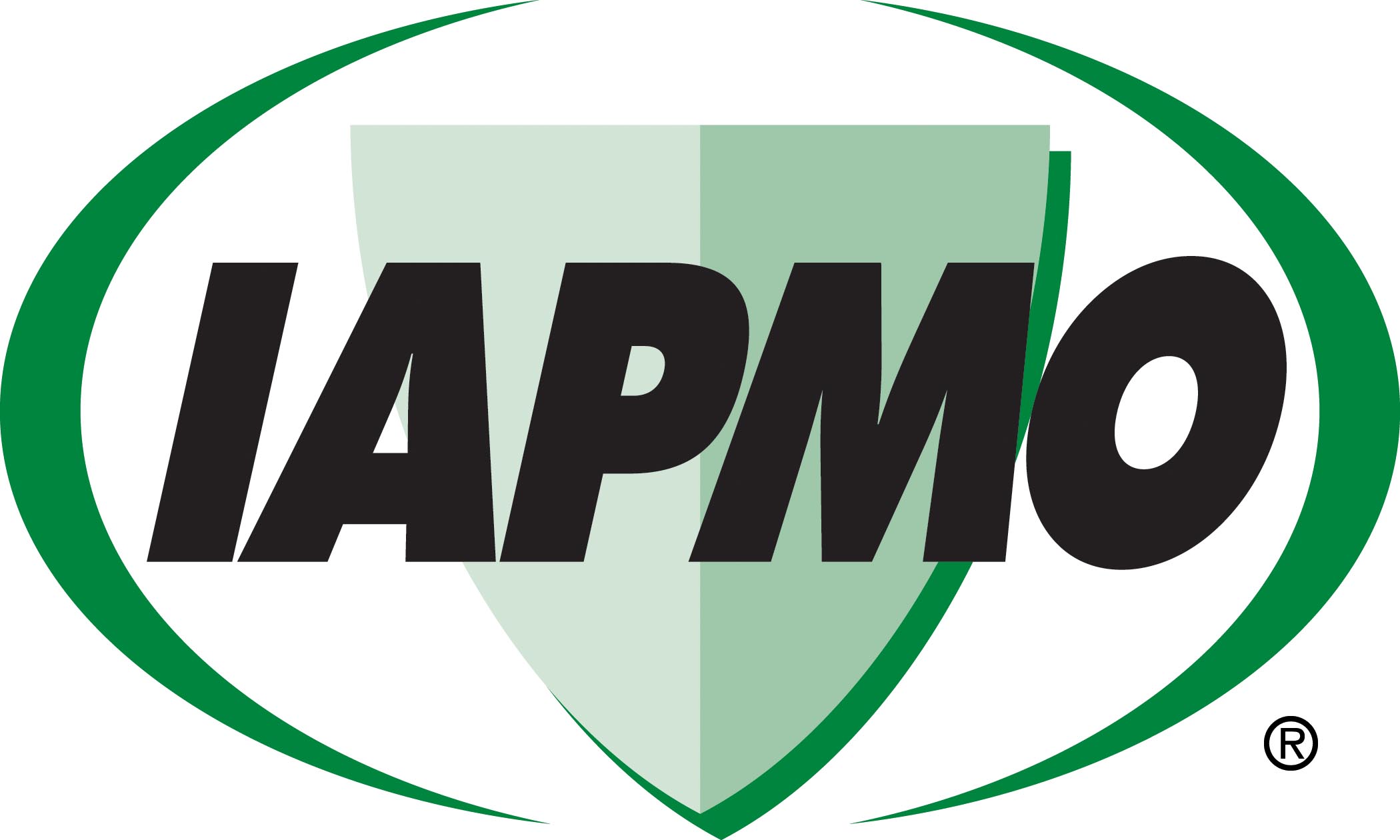Vancouver, British Columbia, Canada — Contractors and builders in the province of British Columbia’s most populous city now have the option to use IAPMO’s Water Demand Calculator™ for potable water systems, a money-saving alternative to conventional pipe sizing that will also reduce the amount of stagnant water in pipes.
Vancouver had already made inroads in the use of the Water Demand Calculator, as starting in 2019 all rainwater harvesting and reuse systems in the city must utilize the Water Demand Calculator for pipe sizing regardless of the treatment train being used.
A revolutionary tool, the Water Demand Calculator predicts peak water demand in single-family homes and apartment buildings, reducing the carbon footprint of the structure and saving consumers on both their water and water heating-related energy utility bills for the life of the plumbing system. At the same time, proper sizing greatly minimizes the potential threat of bacterial growth within the system, which can lead to such serious health risks as Legionnaires’ disease.
“We are very excited to see the city of Vancouver adopt IAPMO’s Water Demand Calculator,” IAPMO Vice President of Technical Services and Research Christoph Lohr said. “IAPMO prides itself on being an international organization, and working toward improving plumbing systems around the globe, for all people. With Vancouver formally adopting the Water Demand Calculator, this is another step in showing the ability of IAPMO’s technical expertise to improve plumbing resiliency across borders. It also showcases IAPMO’s aptitude in supporting international partners on getting their goals accomplished, with IAPMO having provided educational content of the Water Demand Calculator in support of adoption. It was energizing to work with Building Policy Engineer Christopher Radziminski, Manager of Plumbing and Mechanical Inspections Phillip White, and other stakeholders in Canada to get the Water Demand Calculator adopted.”
Contained within Appendix M of the 2021 Uniform Plumbing Code (UPC®) and free to download, the Water Demand Calculator v2.1 addresses water quality issues attributed to lower flows in oversized premise plumbing while simultaneously using less water and energy, representing the most impactful innovation in pipe sizing in nearly a century. It is the result of a multiyear effort to develop a new statistically based pipe sizing method stemming from a need to address profound water safety and wasted water and energy concerns resulting from oversized water supply pipes in homes and buildings.
“The Water Demand Calculator is a welcome addition to the Vancouver Plumbing By-law,” White said. “The development, engineering and mechanical industry will benefit from the ‘real-world’ probability of use, of which it has been designed, and with today’s changing climate, the calculator reduces material and energy costs for the owners. As a jurisdiction, it is equally important that we adopt proven new technology within a reasonable timeframe. I thank IAPMO for the tremendous effort that has gone into the WDC and their continued support.”
For questions, please contact Christoph Lohr at (909) 731-0219 or christoph.lohr@iapmo.org, or Hugo Aguilar at (909) 472-4111 or hugo.aguilar@iapmo.org.
Version 2.1 of the Water Demand Calculator — with new and enhanced features — may be downloaded HERE. For more information about the WDC, contact Dan Cole at dan.cole@iapmo.org.

IAPMO
IAPMO develops and publishes the Uniform Plumbing Code®,the most widely recognized code of practice used by the plumbing industry worldwide; Uniform Mechanical Code®; Uniform Swimming Pool, Spa and Hot Tub Code®; and Uniform Solar Energy, Hydronics and Geothermal Code™ — the only plumbing, mechanical, solar energy and swimming pool codes designated by ANSI as American National Standards — and the Water Efficiency Standard (WE-Stand)™. IAPMO works with government, contractors, labor force, and manufacturers to produce product standards, technical manuals, personnel certification/educational programs and additional resources in order to meet the ever-evolving demands of the industry in protecting public health and safety.
Last modified: April 14, 2023

